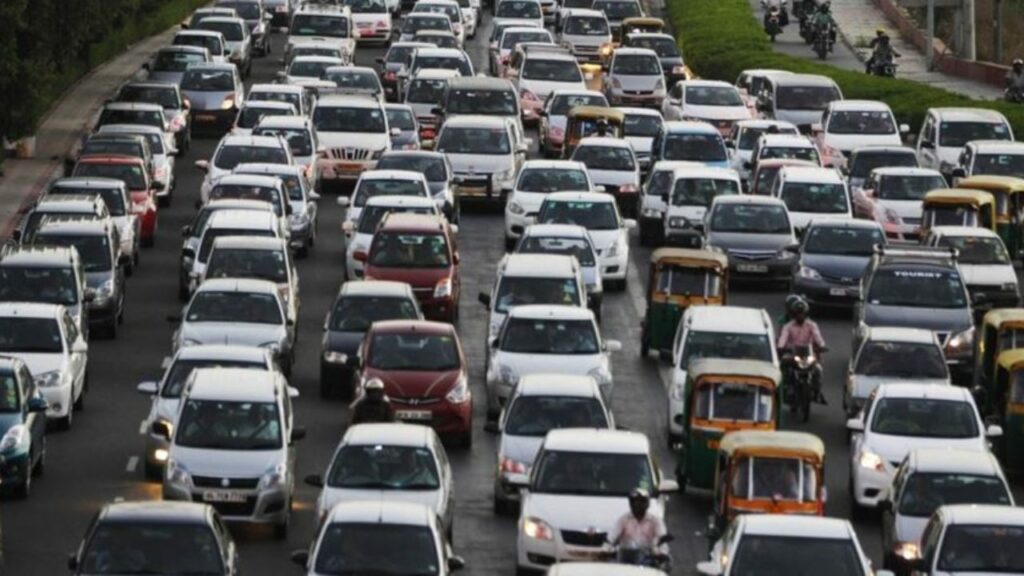An oil ministry panel in India is recommending that the use of diesel-powered four-wheeler vehicles be prohibited by 2027, and instead, electric and gas-fuelled vehicles should be used in cities with over a million people and polluted towns to minimize emissions.

Suggestions to Ban Use of Diesel-powered Four-wheeler Vehicles By 2027
This move is aimed at reducing India’s greenhouse gas emissions, as it is one of the world’s largest emitters. India’s aim is to generate 40% of its electricity from renewable sources to attain its net-zero goal by 2070.
The report posted on the oil ministry’s website said that “By 2030, no city buses should be added which are not electric…diesel buses for city transport should not be added from 2024 onwards”.
The panel recommended that from 2024, only new registrations of electric-powered city delivery vehicles should be permitted, and it also suggested that railways and gas-powered trucks should be used more for the transportation of cargo. The railway system is expected to be completely electric within the next two to three years.
Furthermore, the panel suggested that long-distance buses in India should be powered by electricity in the long run, with gas serving as a transitional fuel for the next 10 to 15 years.
India to Raise Share of Gas in Energy Mix
India aims to raise the share of gas in its energy mix to 15% by 2030 form 6.2% now.
Since the demand is anticipated to increase at a compound annual growth rate of 9.78% from 2020 to 2050, the panel recommended that India should explore constructing subterranean gas storage facilities that can hold enough gas to meet demand for two months.
The panel suggested that depleted oil and gas fields, salt caverns, and aquifers could be utilized for creating gas storage facilities, with the participation of foreign gas-producing companies.











